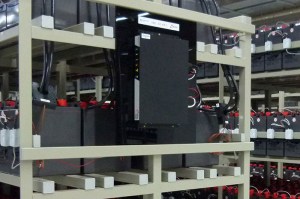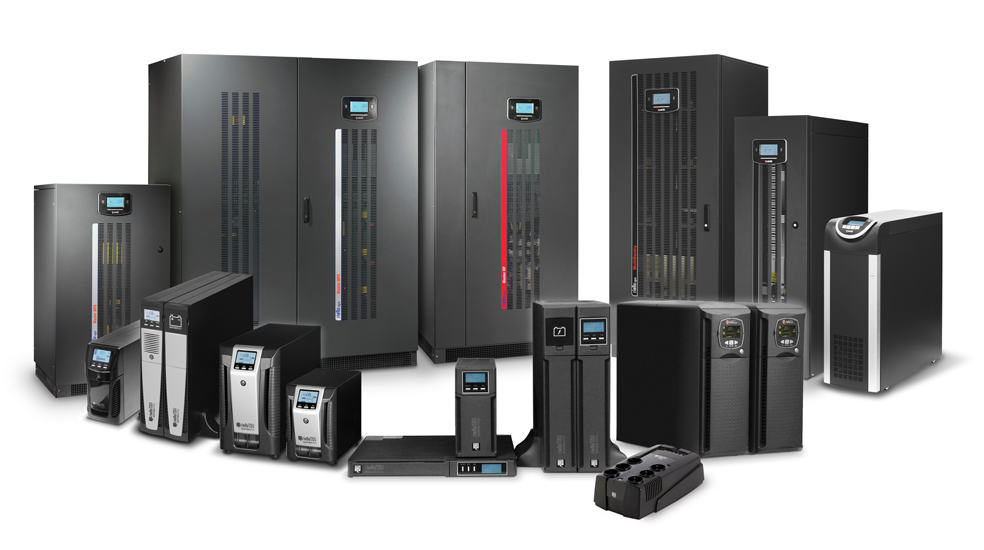For many companies, UPS is an important part of their power systems. Regardless of whether your power system supports a data center or offers emergency power in a harsh environment having a backup power system is very important. Here are some of the vital considerations to make when choosing a power backup solution for your company.

1) Knowing your environment
UPS systems are designed differently. Selecting the wrong kind of system for your application can have several consequences. You should first take your time and know the type of system that you have before choosing an ups system. For instance, the kind of cooling fans that are installed in UPS systems can vary from small fans to large fans which require being powered by a three-phase motor.
Because a UPS has delicate electronics and batteries, it needs cooling and proper design for airflow. If the system you are using is corrosive make sure that the units are hermetically sealed or coated for protection of the internal components. Always verify the BTU output of the UPS and confirm if your cooling systems are in a position to handle the thermal output.
The weakest link in a UPS is its batteries, and high temperatures can significantly reduce its lifespan. If you are using the UPS in an environment that can’t be controlled, ensure that you buy a system that is capable of handling the heat.
2) Load profile
Understanding your load profile is also an important consideration when choosing a UPS. The majority of the time a UPS system is used to support computer loads like servers and computer workstations that have a clean and stable load profile. Electric motors, compressors, and reactive loads all have their individual power needs, and they should be discussed before choosing a UPS system. Discuss your load type when you are deciding on the kind of UPS for your system.
3) Uptime requirements
For many people time lost is money. A power outage in a company can be just a mere nuisance or have a significant impact on the company which will affect its reputation, delivery of products, and the bottom line. Before choosing a UPS solution first know the downtime which would affect your company. You can increase the reliability of the power supply by picking equipment that has a high MTBF.
4) The lifecycle of your UPS
A UPS will need maintenance, battery replacements, fan replacements, and capacitors. A UPS System will need three battery replacements in its entire lifecycle. Check the type of battery the UPS system will have and then check the warranty and its expected lifespan. If you happen to purchase one with an extended warranty, you might be able to lower the maintenance cost.
Selecting the ideal uninterruptable power supply is a critical decision, and it can have a long-term impact on your organization or business. Understanding the above considerations will put you in a better position when choosing a UPS solution for your business.




